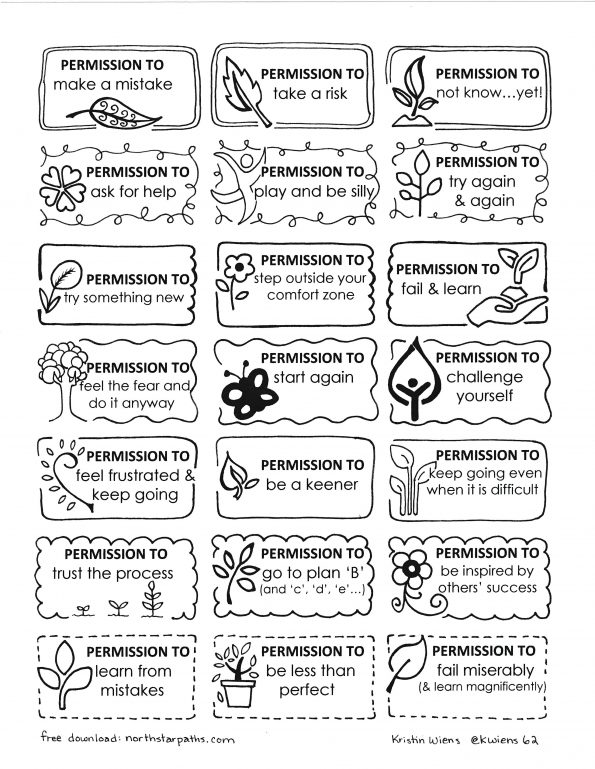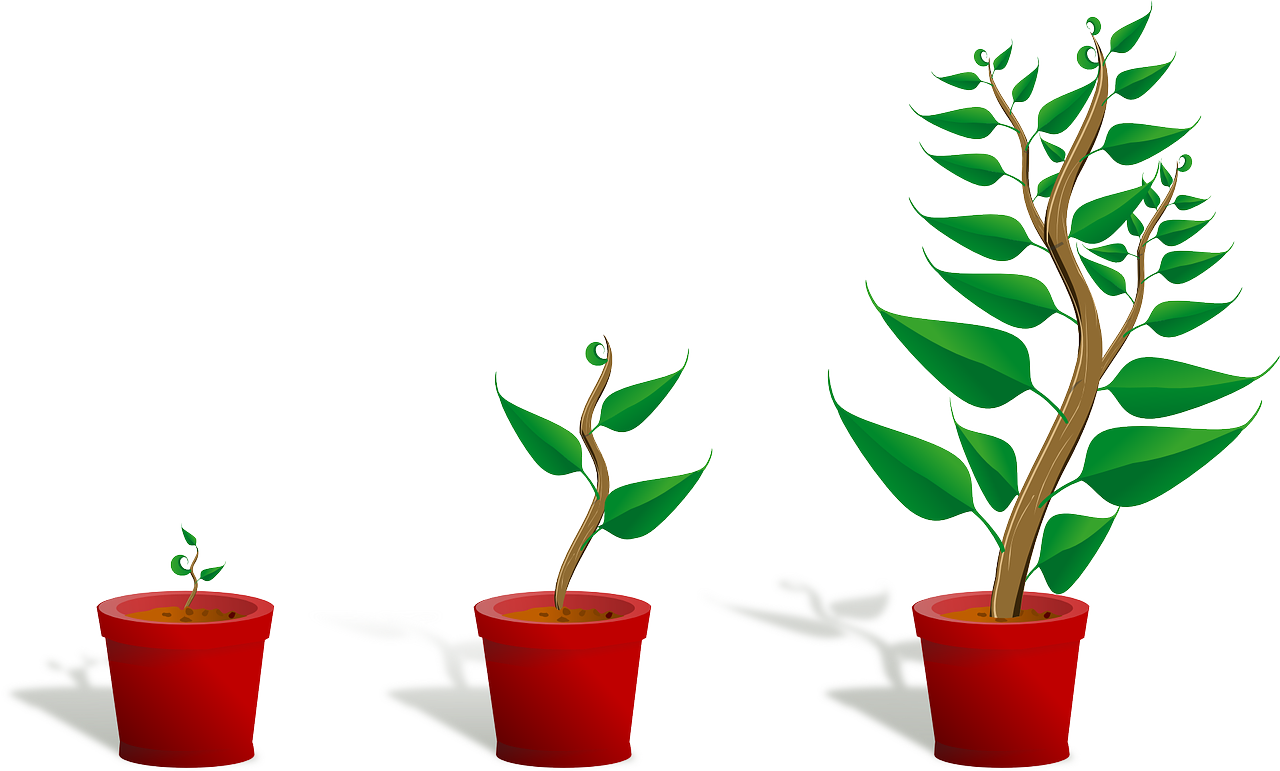The Growth Mindset
If you hear people say you are stupid often enough…
About 10% of the British population are dyslexic. But in prisons 50% of inmates are dyslexic. Apparently, 50% of NASA rocket scientists are also said to be dyslexic – now things are looking up. A staggering 20% of UK entrepreneurs are dyslexic (and even more impressive 35% of U.S. Entrepreneurs) according to a study by Julie Logan, Professor of Entrepreneurship at London’s Cass Business School. These are some interesting deviations from the average in some very different directions. I believe part of this is due to one’s outlook on life.
The “Growth Mindset” was a term coined by professor Carol Dweck in her book Mindset. Growth Mindset is used to describe people who believe their talents can be developed through hard work, good strategies and input from others. People with a growth mindset will worry less about looking smart (or dumb) and put the effort into learning.
In contrast, people with a fixed mindset believe their talents are innate gifts. Consequently, they believe there is little point in trying to learn how to do something new. Fixed mindset thinking is constantly reinforced with phrases such as “I’m not good at maths”, “I’m too old to learn a language”, “I can’t play the guitar, I’m not very musical”. All of these are learnable skills.
The growth mindset is more than just a positive outlook. A growth mindset will not bring new skills without the right effort and learning strategies. However believing your brain can grow and adapt to new challenges causes you to behave differently and these behaviours enable growth. Research confirms neuro-plasticity – literally your brain is plastic and can be moulded. Neuron connectivity can change to grow new neural connections and strengthen connections between existing ones. The brain is like a muscle – it responds well to training.
Learning, Feedback and Failure
Next time you set about learning something don’t think you can’t – this about how you could. If you want to learn something that will challenge your less strong areas how can you compensate? You might conclude you don’t want to learn it enough to invest the time but that is a question of priorities and not capabilities.
If you are embarking on a big challenge consider what those stepping stones to success might be so you can measure your progress. I love the way the Duolingo app shows your % fluency in a language as you learn. I don;t care the number might be meaningless I can see it getting better. It also allows you to set process goals. A process goal in an input measure which is often easier to commit to than an outcome. I don’t know when I’ll get fluent in Spanish but I do know I can invest 10 minutes a day and that will slowly help me along the way.
Dyslexia should not be used as an excuse for not being able to do something. Yes something might require a disproportionate amount of effort compared to a “normal” person but that does not mean you can’t.
Next time you get some feedback about how you could do something different. Look past that instinctive defensive response of the fixed mindset. Appreciate that someone is interested enough in your performance to share something with you. Consider from the growth mindset what you might learn from this.
Embrace failure as a learning opportunity, explore what you could do differently next time – even if that is finding a new way to fail.
Dyslexic Takeaways
Yes your brain is wired differently, no you are not stupid, yes you will find some things really hard AND your mind can do amazing things like memorising the order of a pack of playing cards. Don’t think you can’t – you might not be able to yet but you could if you really wanted to.
Manager Takeaways
A dyslexics self-esteem can be a fragile thing. Is your feedback (you are giving feedback right?) supporting a growth mindset by identifying opportunities for improvement and resources to support that growth? Or is it reinforcing a fixed mindset with criticism with no identified future behaviour change? In the event of a failure accept that you can’t change the past, don’t look to assign blame instead consider what you personally could have done differently to have avoided the incident.




Pingback: Improving your professional writing – Differently Wired